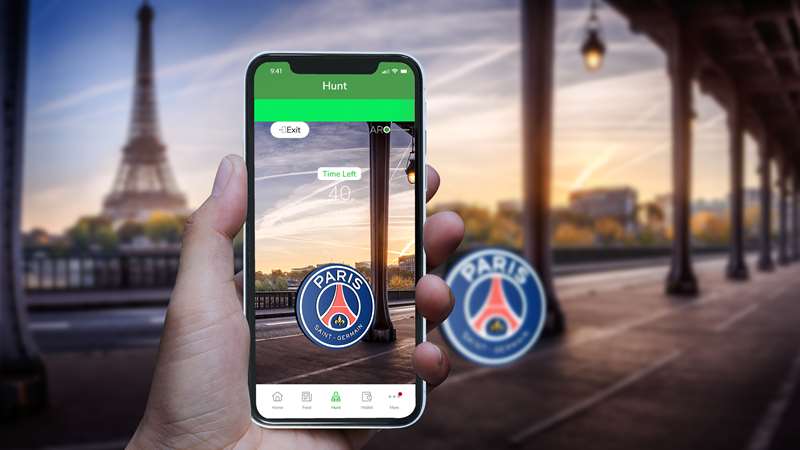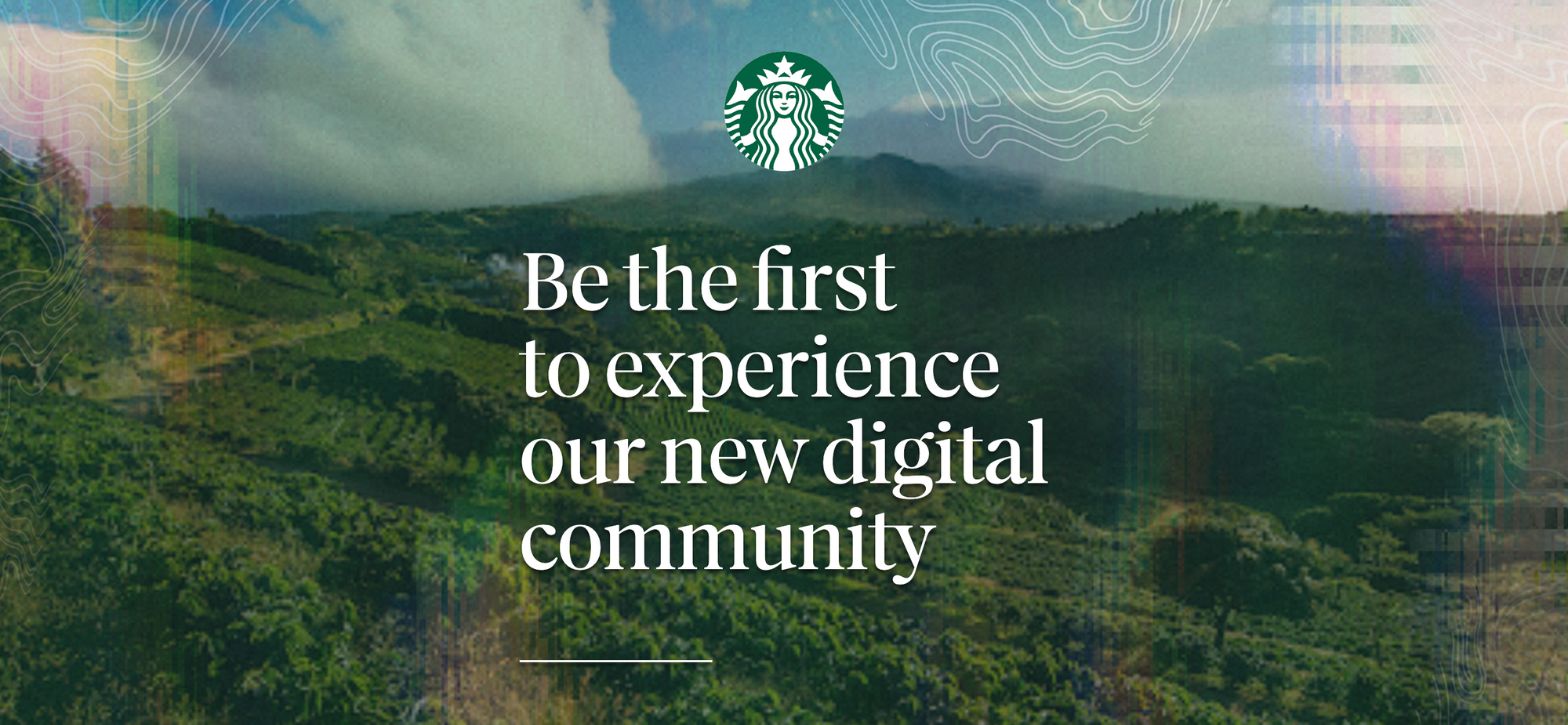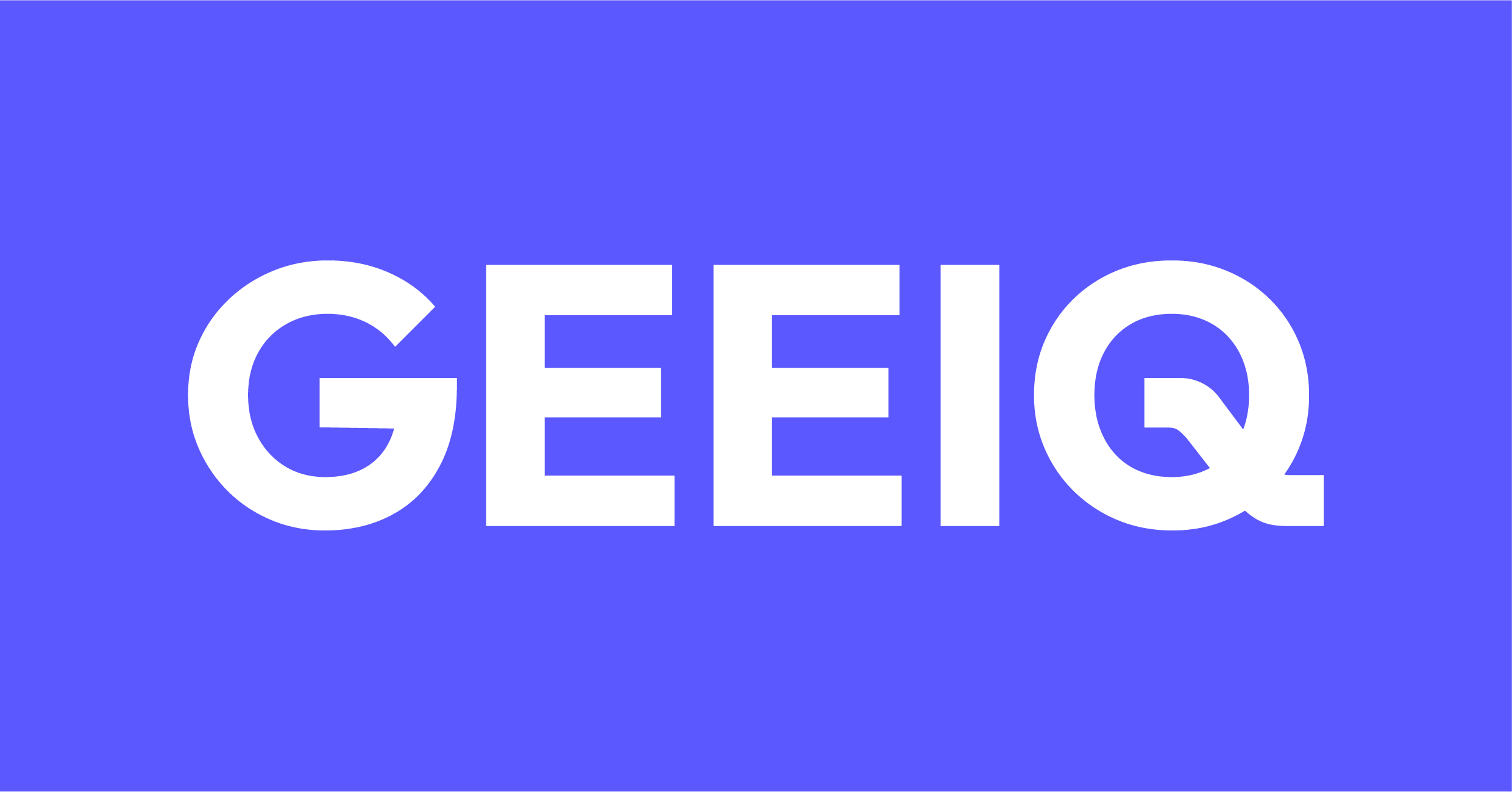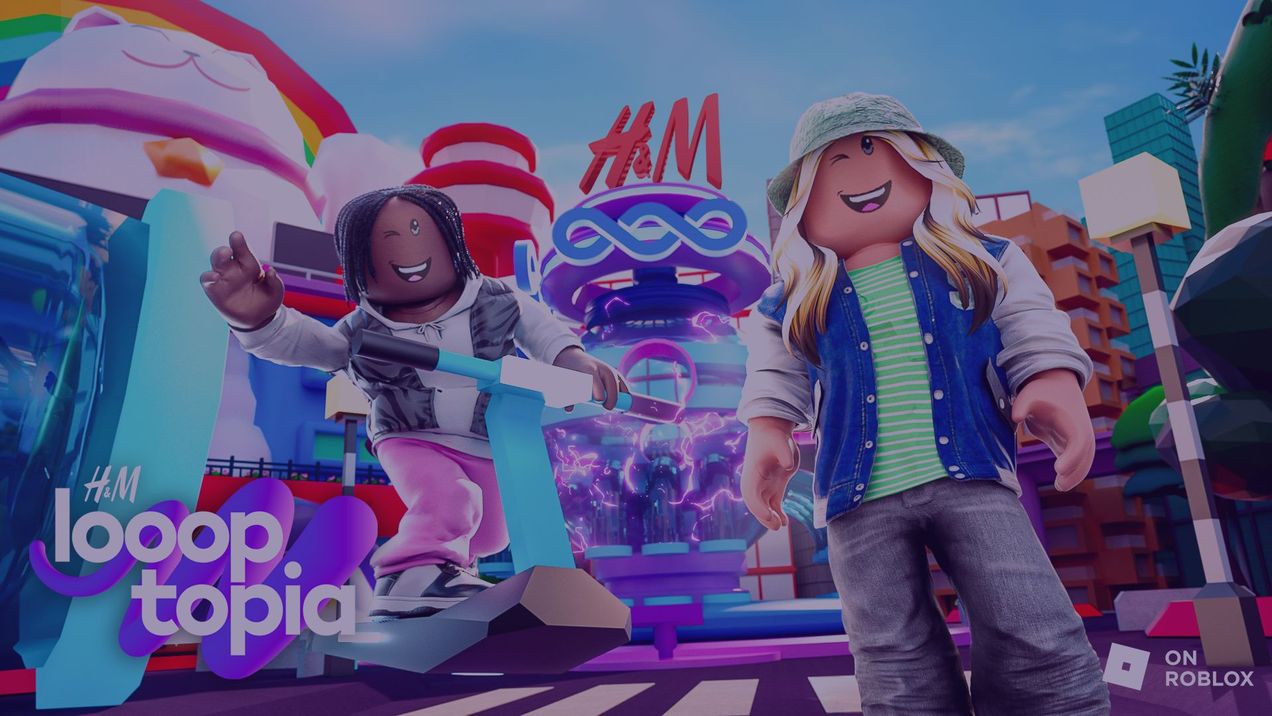
What's next for loyalty marketing? Building communities in Web3
Customer loyalty is just one business area that Web3 technologies like blockchain, smart contracts and tokenisation are transforming. Consumers are demanding not only a great brand experience, but an authentic connection, too.
Take the French football team, Paris Saint-Germain. In 2020 it launched a Fan Token, $PSG, creating a fan club on the blockchain. This empowered its community to enter competitions, earn rewards, unlock benefits, and own a tangible stake in decision making for the team. Far more immersive than downloading the app, or receiving an email, right?
But these opportunities aren’t exclusive to just sport. Web3 technologies are currently establishing the bedrock on which personalised consumer experiences and seamless community creation will flourish across businesses of every shape and size.

Are you targeting the right consumers?
Token-based loyalty programs create new types of rewards systems, with features extending far beyond the spend-and-earn model of traditional loyalty programs. The old models carry limitations by virtue of their structure; often targeting higher spending customers and overlooking community members that might qualify as a ‘super fan’ in other ways than just purchasing power.
If higher-spending consumers are less price sensitive, or at the least more engaged with the brand, does that mean they'd continue spending regardless of loyalty schemes? Most likely.
That's what makes this model tricky for brands to navigate: Do these schemes really encourage engagement from the consumers that care about discounts? Do they target consumers based on attributes other than spending? If the answer is no; does that mean these brands are simply targeting the already hyper-engaged?
Brand advocates that create buzz around an offering with their community, but who can’t afford a higher price point, are arguably just as valuable to a brand as the higher spenders are - especially in the long run.
New types of rewards
Web3 loyalty programs enable brands to create action-based reward schemes that are more linked to engagement, both digital and physical, than just spending.
Token-based loyalty programs also allow participants to reap financial rewards through the potential of buying and selling their points or tokens. This in turn helps democratise the benefits for every stakeholder.
With blockchain-based schemes, the ability to track the community’s actions create better understanding and analytics for the brand.

How does this work in practice?
Consider an airline brand; it promotes a limited number of loyalty programs to business-class by airdropping upgraded seats to passengers automatically. Or, a fashion brand promoting invite-only events for its biggest spenders.
Gamification of a loyalty program is also possible. Take Banyan Tree Phuket Resort in Thailand, its augmented reality game allows guests to collect NFTs using NNRP technology (similar to Pokemon Go), unlocking perks like massages or a free round of golf. The motive here was clear: Boost foot traffic around our resort and promote our services.
Brands are also increasingly looking to Web3 technologies as a route to the creation of brand new, automatic revenue streams. If royalties are collected by a brand when the NFT they delivered to their most loyal customers is sold on the secondary market, both the brand and the community win.
How does the future look?
The opportunities for using Web3 technologies to both generate and personalise customer loyalty are endless.
We probably can’t comprehend the full extent of it today. Our CEO and Co-Founder, Charles Hambro, often says: ‘NFTs are the future of CRM’. Whether that’s true or not remains to be seen. What is clear is that Web3 technologies are empowering brands to re-evaluate the traditional reward and loyalty schemes of yesteryear. How far will they use it to push the boundaries when it comes to community engagement? Watch this space.
Subscribe to more GEEIQ insights.


